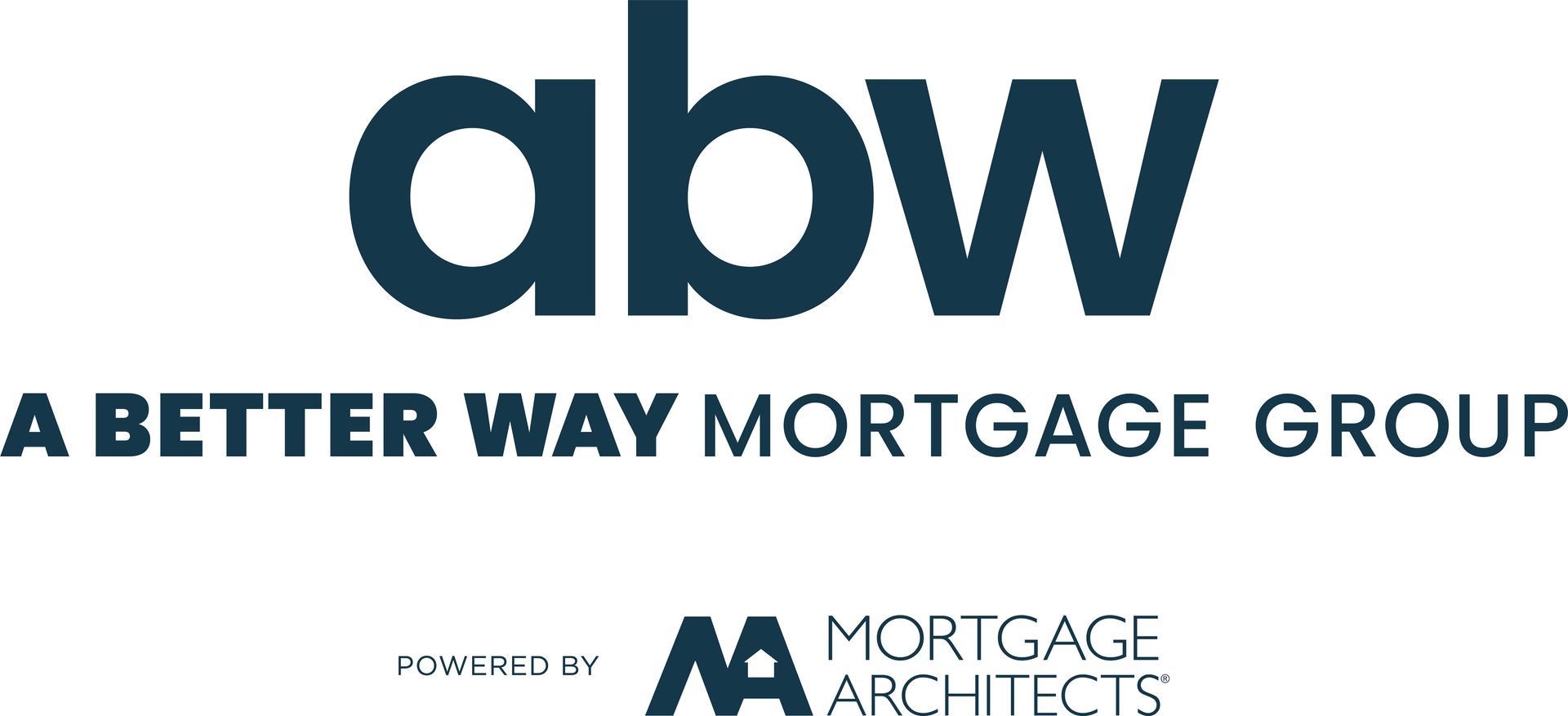Open for Business During COVID-19

If you're thinking about buying a new property, refinancing your existing mortgage, or if your mortgage is up for renewal, you might be wondering if getting a mortgage is even possible amid a global pandemic? Be assured that it is possible, mortgages are being written, and we're open for business (virtually).
Although it may not be business as usual. Mortgage brokers are still brokering, lenders are lending, real estate agents are selling houses, appraisers are appraising (virtually), inspectors are inspecting (some in hazmat suits), while lawyers continue to do what it is that lawyers do. Albeit in a climate of social distancing, with the increased use of technology.
Here are 3 things to consider while you plan for mortgage financing during the COVID-19 pandemic.
Everything is taking more time | Prepare yourself
As almost everyone involved in getting you a mortgage has had to alter the way they regularly do business, entire workforces are shifting from in-person to online. Despite the uptake in technology, things are taking a little longer than usual. Compounded by the fact that lenders are dealing with high submission volumes from clients wanting to defer mortgage payments, processing new mortgage applications can take longer than in previous months.
Your best plan of action is to prepare yourself ahead of time. Everyone is under a lot of pressure, so do everything you can to make sure your proverbial ducks are in a row and that you allow enough time to get everything done. Get as much of your personal documentation together upfront and be as organized as possible, it will go a long way in making for a smooth transaction.
Technology is keeping things running.
While many of the typical steps in the home buying process have been disrupted, with the use of technology, it is possible to buy a home while isolating in COVID-19.
Mortgage, real estate, and lawyer's documents should all be signed online. Although new technology can be scary, e-signatures allow transactions to take place, while doing your part to keep a social distance.
Admittedly, not the same as walking through a property, virtual tours allow you to get a sense of feel for a property more so than simple pictures. A lot of listings should have a virtual tour, while many real estate professionals are hosting virtual open houses, where they can take you on a virtual journey through the property using their phone.
Appraisers aren't required to complete a physical inspection any longer to determine a property's value; instead, everything happens online. An appraiser will use information from MLS data, municipal permits, property assessment information, client or owner information, and any other available source to estimate the physical characteristics of the house interior and the remainder of the property to come up with a valuation.
If you're looking to refinance or renew an existing property, the same is true, with the use of e-signatures and virtual appraisals, you can get a new mortgage, assuming you qualify.
You should expect more scrutiny on your mortgage application!
With over half of Canadians claiming to have lost work due to the COVID-19 coronavirus, it's not surprising that lenders are making a move towards extra scrutiny when assessing your overall application and employment documents. Lenders want to ensure your job stability now but also if things get worse down the line, you have good job prospects in the future.
As far as income goes, in a COVID-19 world, past job performance and income isn't a reliable indicator of future performance and income, everything has changed, and lenders are doing their due diligence. Lenders are becoming more conservative and risk-averse.
Lenders are starting to ask for income documents upfront. There is no use entertaining your mortgage application if they aren't confident about your prospects of employment.
Also, for self-employed borrowers, in addition to the standard required documentation of your past business income, you might be required to provide additional documentation going forward. Including, but not limited to: a description of your business activities, number of employees (including how many are actively working or laid off), current business status (operating or shut down), along with bank statements to prove stable income.
So although it might take a little longer than usual to get a mortgage, and you can most likely expect more scrutiny on your application, with the increased use of technology, mortgage financing is still possible.
If you'd like to discuss your personal financial situation, and how to go about getting a mortgage in these unprecedented economic times, we might not be able to get together in person for a coffee, but we're open for business virtually and would love to help; please contact us anytime!




